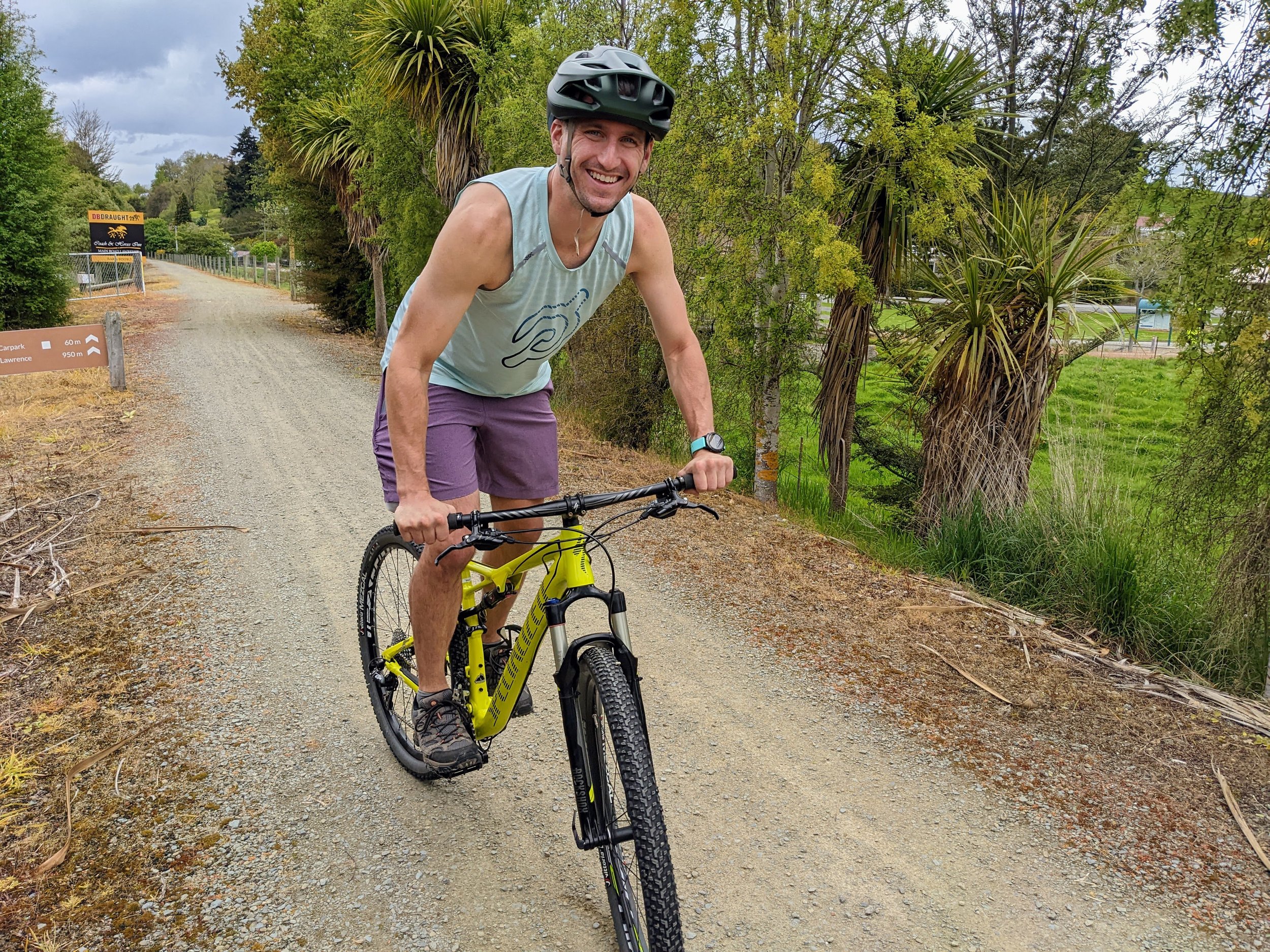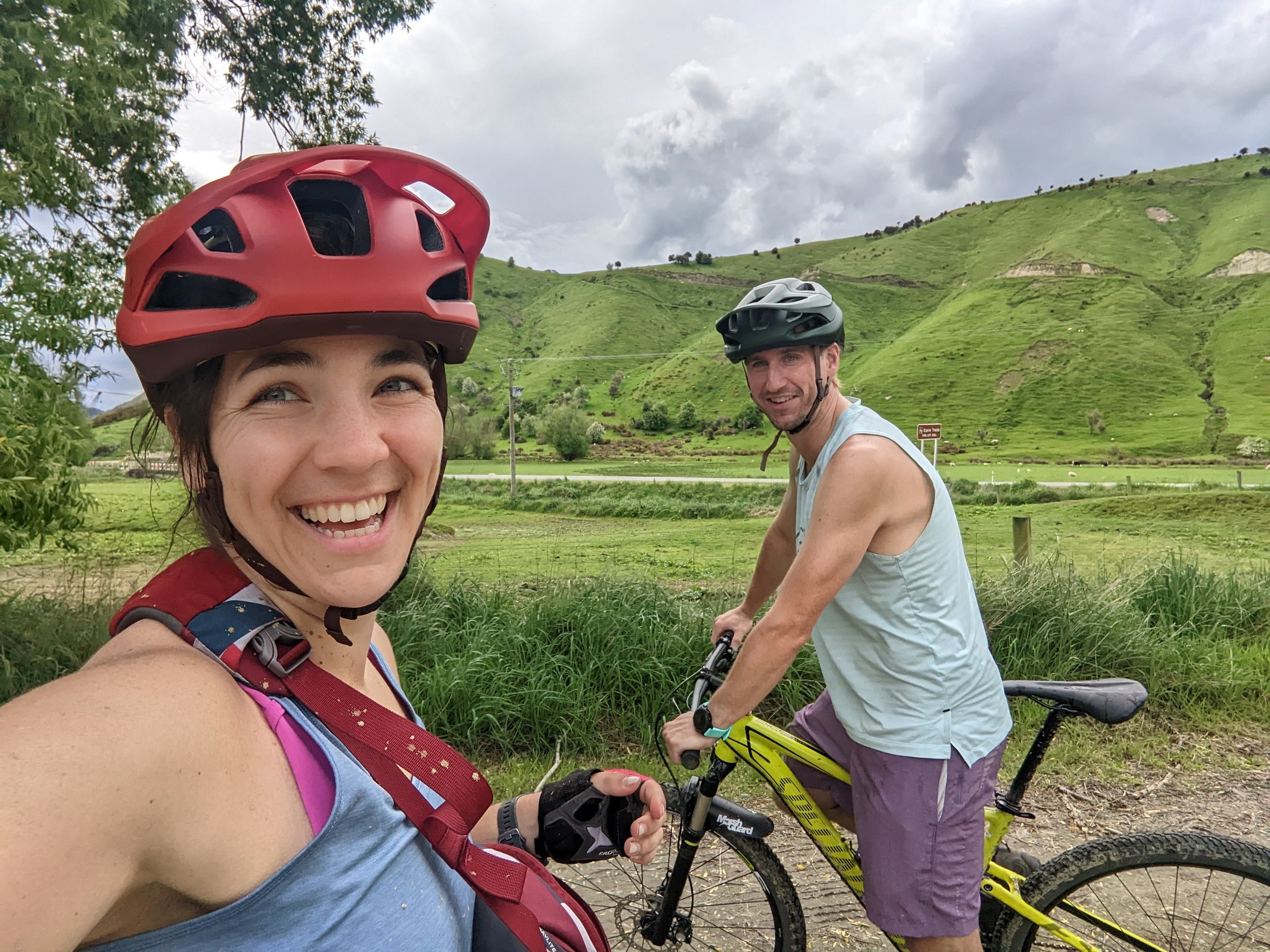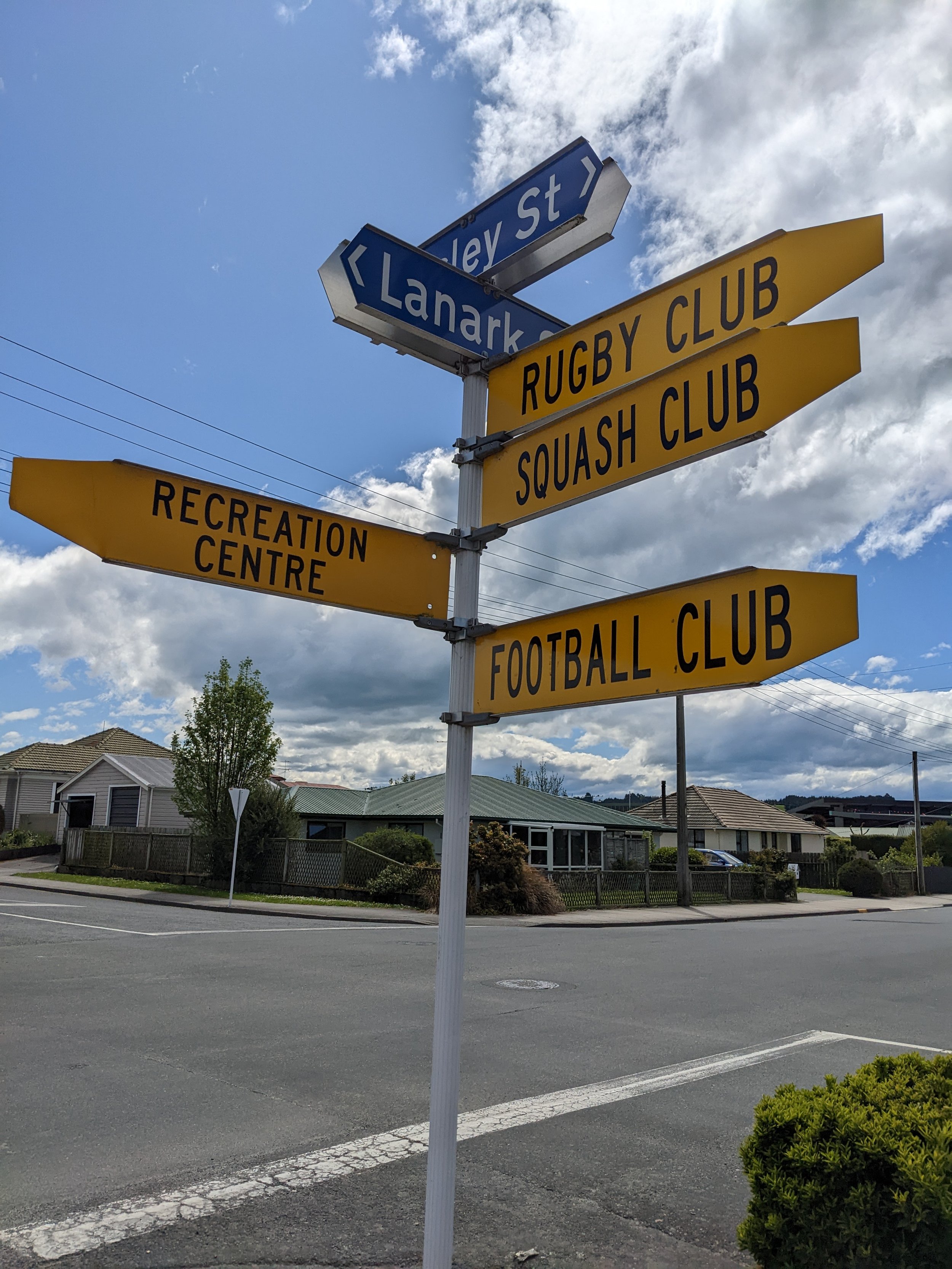How’s work going?
I find the question “how’s work?” very hard to answer these days.
I am currently working at Gore Hospital, about an hour away from my home in Balclutha. I’m there because the Medical Council of New Zealand wanted me to spend a month with an on-site supervisor, and there are no doctors in Balclutha with the credentials to supervise a foreign physician.
Every morning I commute an hour each way to that hospital. (Needless to say, I have been listening to a huge number of podcasts and am open to recommendations.)
The folks at Gore are really welcoming and kind. Friendly and warm, they are quick to chat about the best hiking in the area or the drama of local politics, generous enough offer to lend me a bike or car if I needed. This hospital, too, is short staffed and are shameless in trying to recruit me to stay on longer with them, or to pick up moonlighting shifts. As short staffed as they are, when I’m there, I’m just an extra doctor. There is a “junior doctor” working with an attending on the ward taking care of people admitted to the hospital, and there’s another provider covering the ED. I am an extra. I am not needed. The system functions without me.
Taylor (not their real name) is my “on-site” supervisor. They are a very nice, super chill doctor who wants this experience to be useful for me and is willing to be flexible to make that happen. If that means I come in the evenings to see more children in the ED, that’s fine. If that means starting later in the morning so I can stay longer in the evenings, that’s fine too. They told me not to stress, if I am running late, and if I need to leave at 4pm to run an errand one day, no problem.
This is entirely too much flexibility for my rigid brain.
Since the Medical Council was concerned with my lack of pediatric and emergency medicine experience, I’ve been spending my time in the Emergency Room (ED). This ED, with its two whole beds, is the smallest ED I’ve ever seen. Privileged, I know. There have been days when only three patients come through the entire shift. Ironically, Taylor who is my official “supervisor,” doesn’t even cover the ED except overnight since they’re on wards. This leaves me working with Logan or Parker (also fake names). Logan is an older physician who prides themself on efficiency. Although they are very happy to answer my questions when I ask, I get the impression that they would rather just see the patients themselves and discharge them because they can do it faster than I can. Parker is another provider who is also very kind and friendly (the theme here), but seems to be a black cloud - that is, they are unlucky and when they are working things tend to get very busy. Their top priority is not efficiency, but patient wellbeing and because of that they can get bogged down when things get hectic.
The first few days, there weren’t very many patients, and I spent all day bored, either getting lost in the electronic computer systems or twiddling my thumbs. I would eagerly follow the ED provider when they went to see someone, but there were so few patients that it didn’t seem like I could be helpful at all. It was the third day when I was bored out of my mind, and I was determined to take more initiative to see some patients by myself in the ED and… you know… actually do my job and be helpful.
Everything here is enough different that I’m wildly inefficient. It’s not a feeling I’m used to. I need to look up new drug names when normally I’m familiar with home medications. I can’t navigate the eight different electronic health records to find information. I have to find physical paper in different places to prescribe fluids or drugs, which again, are different than the ones available at home. To order a CT scan to look for a kidney stone, I have to talk to the radiologist first, which means I have to find their number first. To get an ultrasound to rule out a blood clot in someone’s leg, I have to talk to the radiologist then fax a paper prescription for an ultrasound over. To give Tylenol to a two-year-old with an ear infection, I have to know the weight of the child, look up the dose of the drug (which by the way is called paracetamol), and then figure out what concentration of liquid medication we have to figure out what dose actually makes sense in the appropriate range.
Everything I do requires asking twice as many questions of four times as many people as before.
Nurses sometimes ask things like, “Oh, could you just throw in an IV for that person?” and I have to admit that I haven’t placed an IV in years. I still discuss each patient I see with whoever is working in the ED because even when I’m confident about the diagnosis and treatment, things are just different here. Some people with very low risk pneumonia who I would think could get sent home get admitted to the hospital. I would not give this person antibiotics for what appears to be a viral infection, but Logan is concerned about a high inflammatory marker called CRP (that I wouldn’t have even checked back home), so they would. Sometimes even the different practitioners on with me disagree about the processes or procedure, and then take it upon themselves to correct me when I’m doing things the way the other one told me to.
On top of that, the ED isn’t where I practice medicine. It might seem similar to internal medicine (IM), and it is, but it is actually quite different. The objectives are different- in EM (emergency medicine) you try to rule out the things that would kill the person, and in IM you try to actually figure out what is going on. The timing is different- in EM you have minutes to hours to see, test, diagnose, treat, triage and discharge a patient and in IM it’s days to weeks to sometimes years. It’s like driving on the left-hand side of the road here. It’s similar enough that I can do it, but I feel like I might kill someone with one wrong, intuitive turn. It takes concentration and feels very foreign and more than a little uncomfortable.
No one world likes it when an American comes into their home country and tells them how what they are doing could be better. Going into this situation, I was determined not to impose what my clinical practice on other people.
I’ve since decided that people also don’t like it when Americans silently judge and think they’re superior without saying anything. It’s a delicate balance to strike. There are some procedural things; the hand sanitizing that has been forced into a habit in me is not the culture here. I did the module and know that the recommendation is to wash just as much as we do in the US. (Plus, the more hand hygiene, the less spread of germs for the patients, regardless of policy.) The doctor who cleans their hands the next most does it less than half as frequently as I do. I have also seen people pull down their mask while leaning in to talk to a patient so that the patient can understand them better. Kind of defeats the purpose of the mask.
There are differences in medical practices also. It is hard to tell the difference in provider style vs. a difference in institutional culture vs. a difference in national health system. This hospital doesn’t give DVT prophylaxis, which is standard everywhere I’ve worked. I learned that it is standard at other hospitals in NZ too. They seem to have a lower threshold for giving antibiotics, and longer antibiotic courses too. They even use the big guns like gentamycin. I saw a patient who had been started on the lowest dose possible for their hypothyroidism with instructions to taper up, like you might do for someone who was starting an antidepressant. It felt like gaslighting as I tried to figure out why the provider did this. Multiple resources I was looking at stated you should start this person on at least four times the dose they were on. For a while it did have me wondering: was that other provider crazy, or am I? The self-questioning is tiring when it takes you half an hour to convince yourself that the way you thought you replace thyroid hormone, and the way that multiple reputable sources recommend, is the way you should do it. It does have the benefit of preventing complacency and forcing me back to the literature to make sure that why we do things in medicine actually makes sense.
I am still working on the best way to bring up my thoughts on some of these things as a visitor who wants to maintain good relationships with these people who are nothing if not welcoming to me. I wish I were more confident that my thoughts would be taken as well-intentioned, and not me trying to one-up anyone. The type of person I want to be could and would provide the feedback, and in a productive way. My promise to myself is that I will bring up some of these concerns (you can hold me accountable.) I think asking questions about policies or rational for decisions, without being obnoxious about it, will be a way to start some of these conversations, and providing positive feedback in addition to negative, without sounding preachy, can hopefully make the process more palatable.
Actually, let me ask: how would YOU handle this? If you started a job and new every now and again it was better to do it one way or another, but you didn’t want to cast yourself out or make waves, how would you approach it?
Sound off in the comments! Until next time, this is Dr. Cassie, and thank you for reading.







